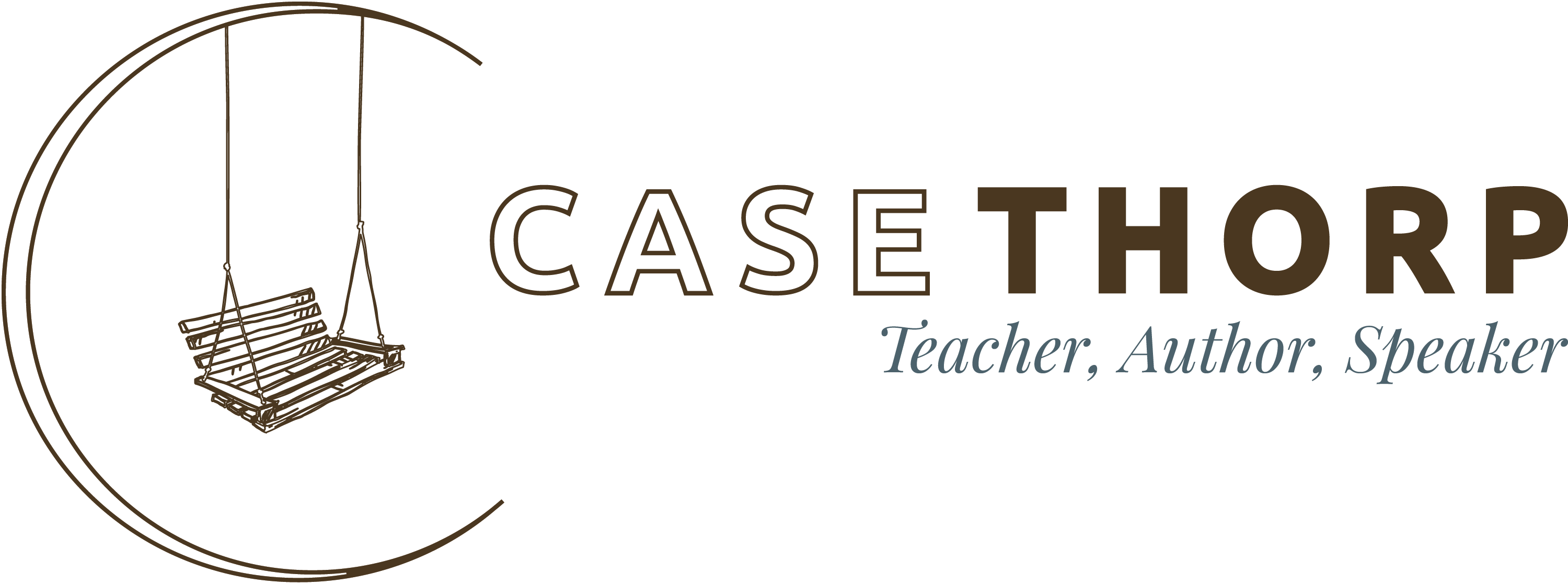Benedict XVI begins to consider his legacy as pope while the cardinals prepare for their conclave in which the next pope will be chosen. As the conclave considers its future leader the question remains: will they choose a pope from the Southern Hemisphere where clearly the future of Christianity lies? Papal actions and, likewise papal selections, are an historic opportunity to pursue peace and heal centuries old rifts. Concerning Benedict’s legacy little has been written about his visit to Istanbul in 2006. It was, without a doubt, one of his finest moments bringing together divided parties within Christianity, as well as healing the more volatile fracture between Christianity and Islam.
In November of 2006 Benedict made history in three significant ways with his trip to Istanbul, Turkey. First, Benedict visited the legendary Hagia Sophia and then the Blue Mosque. From the sixth century until 1453 the Hagia Sophia (Holy Wisdom) was THE church of all Christendom. Ottoman Turks conquered the city and converted the massive church into a mosque. Prayers in the great space turned from Christ towards Mecca until 1935 when Kemal Ataturk, Turkey’s progressive modernizing president, intentionally turned the controversial space into a museum; neutral ground for all people of faith. Benedict respected the Hagia Sophia as a museum refusing any acts of religious devotion during his visit. Moments later he was the second pope ever to visit a mosque, the ornamental Blue Mosque just steps away. He prayed for two minutes silently while facing east and standing next to Mustafa Cagrici, the Mufti of Constantinople.
Benedict’s second historic act on that trip was meeting and worshiping with Ecumenical Patriarch Bartholomew I who serves some 300 million Orthodox Christians worldwide. Benedict expressed words of reconciliation towards the 1,000 year divide between the Roman and Orthodox branches of Christianity, as well as offered pointed political support for Bartholomew’s persecution and that of his flock. This faith community has lived under increasing oppression. Holy sites in Turkey are often desecrated; Orthodox seminaries and monasteries forcibly closed. Just three weeks ago controversy erupted as the Turkish government approved the conversion of another Orthodox church-turned-mosque-turned-museum (under Ataturk) back into a mosque in the city of Trabzon. Turkish law now requires the Ecumenical Patriarch be a Turkish citizen, which the government knows severely limits the options. Human rights groups from around the world have rallied to the church’s cause claiming a secular government should have no say in a religious organization’s leadership selection. That day in November of 2006 the Roman Catholic leader, a German, said the same.
As the media captured these historic moments Muslims worldwide and the Turkish government got the message: over a billion Roman Catholics stand with you in your oppression, and Christians can agree to disagree on theology while seeking peace and reconciliation, can’t we all? Such grand moments are rare, and more are needed as the world grows more divided between the faithful and secularist, between violent branches of faith and peaceful ones, and between the educated and resourced world from the impoverished, malnourished world. The papal election upon us can be one such moment.
The church of the South, and I don’t mean the American south, is growing quite rapidly while the church of the North is in decline. Choosing someone like Francis Arinze of Nigeria, Jorge Mario Bergoglio of Argentina, or Wilfrid Fox Napier of South Africa is needed for such a time as this. It will send a variety of messages that need to be heard in our day. It will tell the Southern Hemisphere church that you matter, your growth is acknowledged and your leadership capacity is apparent. Such a papal election would demonstrate, as well, that after a millennia in power a mostly white, Northern Hemisphere church can lay down its power and humbly follow any child of God, not just those born in the right diocese. Such a selection would unleash a liturgical richness and ecumenical spirit unseen in the Roman church, and underappreciated by the secularizing Western world. As historic a moment as President Obama’s election was for people of color in our nation, may the princes of the church meeting in Rome advance humanity’s charge into a more diverse, egalitarian, and peaceful future.
